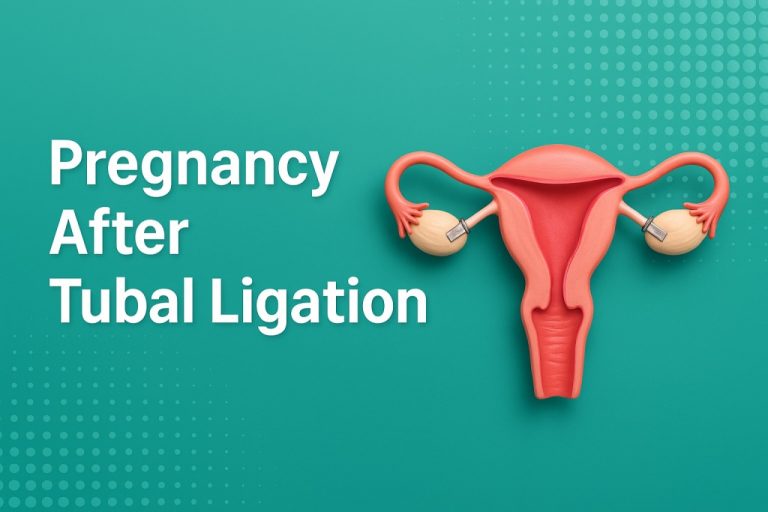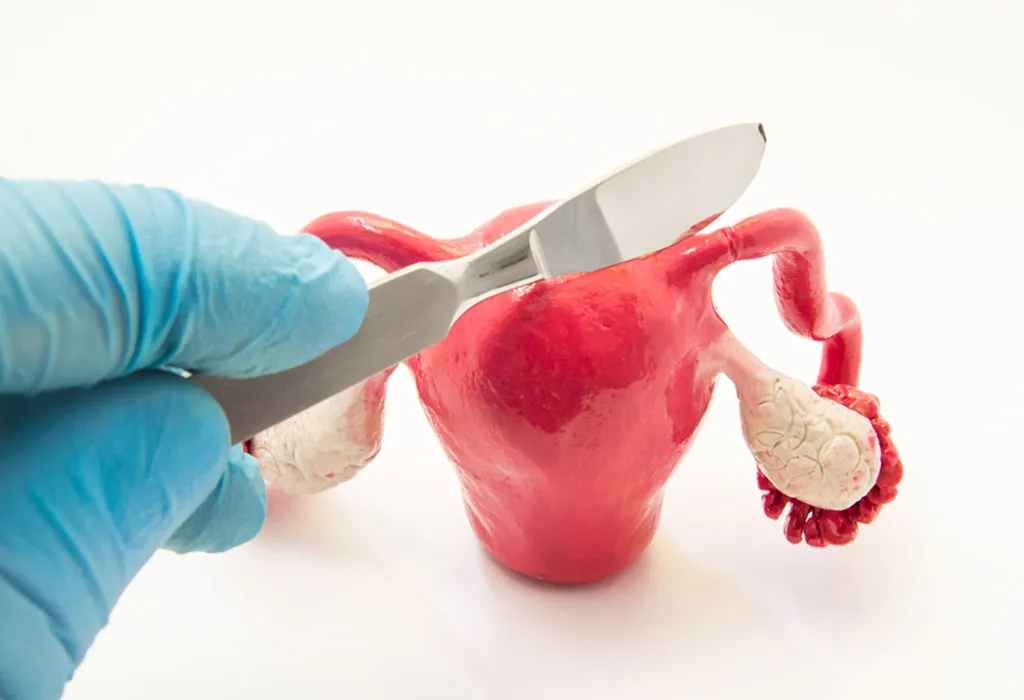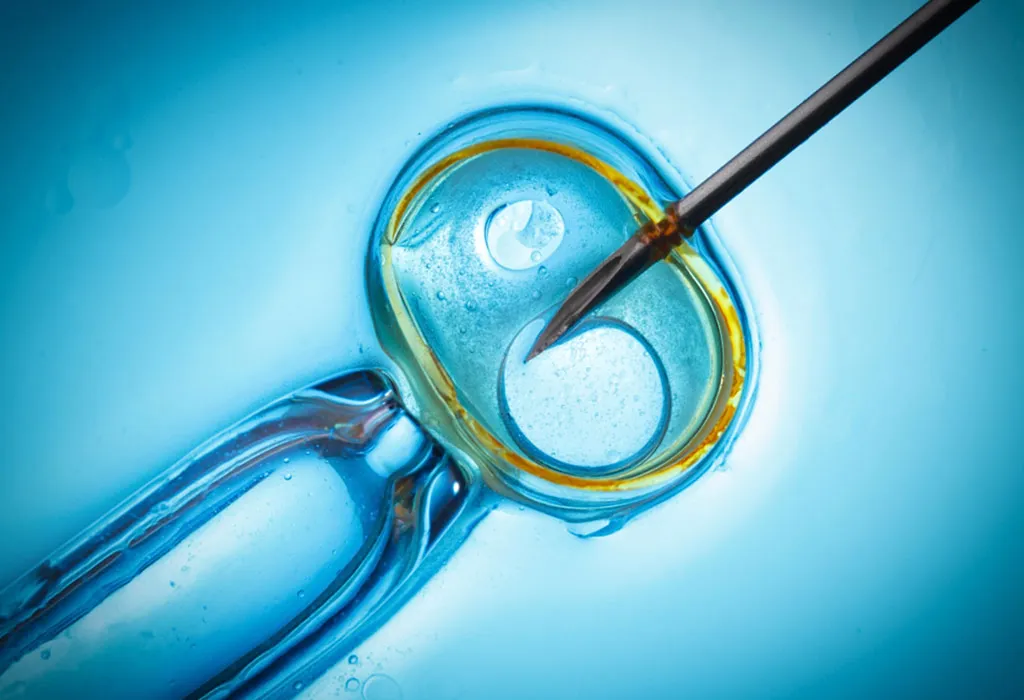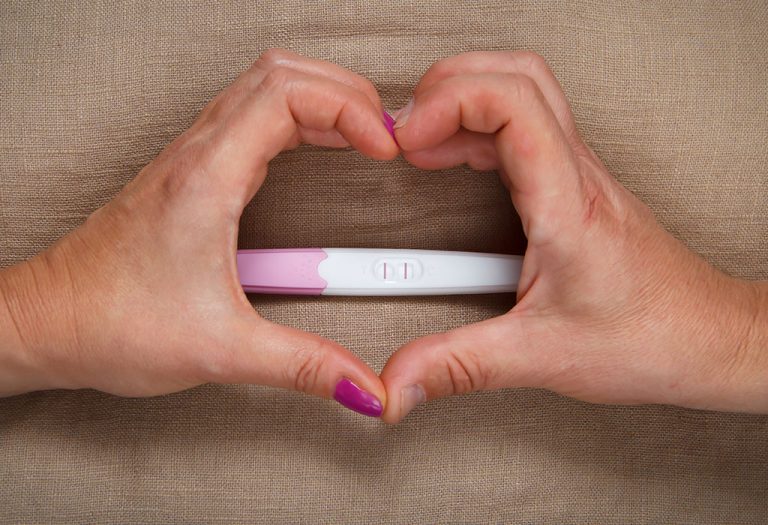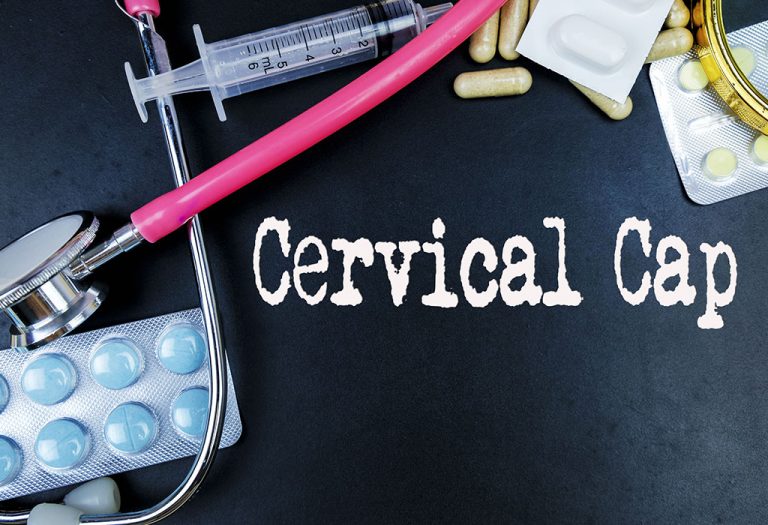Pregnancy After Tubal Ligation – Is It Possible?
Find out the real truth behind “can you get pregnant after tubal ligation” and what factors make it possible.

Tubal ligation is an effective method for preventing pregnancy and is generally considered a permanent form of birth control. The procedure involves cutting and tying off the fallopian tubes to prevent an egg from entering the uterus. But the question is, is it possible to get pregnant with tubes tied? Many women specifically ask, ”Can you get pregnant with your tubes tied?” Although it is a permanent procedure and very effective, it is still possible for a woman to get pregnant. The rare occurrence of a pregnancy after tubal ligation does happen, often due to the fallopian tubes unexpectedly rejoining. Let’s learn more about this important topic and its associated risks in the article given below.
What Are the Chances of Getting Pregnant After a Tubal Ligation Procedure?
Tubal ligation is considered to be a near-foolproof method for preventing pregnancy. There is a one in 1000 chance of getting pregnant after the first year. While performing a tubal ligation surgery, the surgeon cuts and seals or ties the fallopian tubes (1). Pregnancy can occur if the fallopian tubes grow back after the procedure. In some cases, pregnancy can also occur if the doctor performs the surgery incorrectly. After the fifth year, however, the chances of getting pregnant may increase. So, can you get pregnant with tubes tied? The chances of getting pregnant after undergoing a tubal ligation procedure depend on the age of the woman, too. A woman who is below the age of 28 has a 5% chance of getting pregnant after undergoing this procedure. On the other hand, an older woman has only a 1-2% chance of pregnancy after ligation. Furthermore, if a woman does conceive after a tubal ligation procedure, there will be a risk of an ectopic pregnancy. An ectopic pregnancy is a medical emergency, as it could cause the fallopian tube to rupture and lead to bleeding.
How Common Is It to Get Pregnant After Tubal Ligation?
While tubal ligation is one of the most effective forms of birth control, it is not 100% absolute. The chance of pregnancy after this procedure is very low, occurring in about 1 in 200 women. This translates to a less than 1% lifetime probability of pregnancy after tubal ligation (2). When a pregnancy does occur, it carries a significantly higher risk of being an ectopic pregnancy, which is a serious medical condition.
Signs and Symptoms of Pregnancy After Tubal Ligation
If the fallopian tubes grow back together after undergoing a tubal ligation procedure, a woman can get pregnant and have a full-term pregnancy.
The following are the symptoms associated with pregnancy post-tubal ligation:
- Frequent urination
- Missed periods
- Tenderness in the breasts
- Fatigue
- Cravings for specific foods
- Nausea
- Nausea after seeing or thinking about specific foods
A late period after tubal ligation is often due to normal hormonal changes, but it is crucial to take a pregnancy test to rule out the small possibility of a procedure failure (3).
Can You Notice Signs of the Fallopian Tubes Growing Back Together?
The process of growing back of the fallopian tube is known as recanalisation. In this, the new passage in the tubes is created that allows your eggs to meet with sperm for fertilisation. But it is quite unlikely to sense your own fallopian tubes growing back together, as this can happen in very rare cases.
A few uncomfortable post-op symptoms that you can feel related to a tubal ligation include nausea, stomach pain, cramps, dizziness, and bloating.
Reasons for a Tubal Ligation Procedure Failure
Mentioned below are some of the possible reasons for the failure of a tubal ligation procedure.
- Technical mistakes that happen during the surgery.
- The tubal ligation procedure may prove ineffective if the fallopian tubes are sealed off incorrectly.
- Recanalization – the regeneration of fallopian tubes when they are improperly closed (4).
- Luteal phase pregnancy, where pregnancy remains unobserved before tubal ligation surgery.
- Tuboperitoneal fistula due to inadequate healing of the fallopian tubes.
How Can You Get Pregnant After the Tubes Are Tied?
There is no method of contraception that is 100% effective. Tubal ligation is just an effective way to prevent pregnancy. Although the possibility of conceiving is low, pregnancy can still happen. Unfortunately, after a tubal ligation procedure, the risk of experiencing an ectopic pregnancy increases if a pregnancy is to occur.
To understand it in detail, the fallopian tubes connect the ovary to the uterus, where the fertilized egg develops into a fetus. Fertilisation is the joining of the sperm and egg and normally takes place in the fallopian tube. Suppose the fallopian tubes are blocked/damaged/tied. In that case, this can stop a woman from conceiving and increase the risk of becoming pregnant in the fallopian tube (ectopic pregnancy).
Pregnancy can also happen if the eggs were fertilised shortly before the procedure.
Risks Associated With the Tubal Ligation Procedure
A surgeon usually provides a consent form to a woman wanting to undergo tubal ligation. The form explains the risks associated with the tubal ligation procedure. The potential complications that may arise after undergoing this procedure are given below (5).
- Ectopic pregnancy, where the egg fertilizes outside the uterus
- Bleeding due to a cut in the abdomen
- Infections
- Damage to other organs
- Risks associated with anaesthesia
- In rare cases, the fallopian tubes can reconnect, allowing for a potential pregnancy.
Ectopic Pregnancy
In a normal pregnancy, the fertilized egg moves through the fallopian tubes and gets implanted in the uterus. A pregnancy which occurs due to the implantation of a fertilised egg anywhere outside the uterus – most commonly inside the fallopian tubes – is known as ectopic pregnancy. Although such pregnancies are rare, they need to be treated as a priority as they could lead to further complications. It is also known as a tubal pregnancy. An ectopic pregnancy is common after a woman undergoes a tubal ligation procedure.
Symptoms of an Ectopic Pregnancy
Apart from the normal pregnancy symptoms, one may experience the following symptoms in case of an ectopic pregnancy (6).
- Light vaginal bleeding
- Abdominal pain
- Pelvic pressure during bowel movement
- Pelvic pain
- Pain in the shoulders
- Lightheadedness
- Extreme vaginal bleeding
Complications
The following are complications associated with an ectopic pregnancy:
- Fallopian tube may get ruptured
- Internal bleeding
- Infection
- Loss of blood in large quantities
- Death, if left untreated
Who Is Most at Risk of an Ectopic Pregnancy?
If a woman has had a tubal ligation in the past, she can still conceive. She will be at risk of having an ectopic pregnancy in the following cases (7):
- If she has had induced abortions
- If she has taken fertility medications or treatments
- If she is between the ages of 35 and 44 years
- If she has had abdominal or pelvic surgery in the past
- If she has pelvic inflammatory disease
- If she has endometriosis
- If she smokes
What Are the Options to Get Pregnant Post Tubal Ligation?
If you are wondering how to get pregnant after a tubal ligation, then the following options may help:
1. Tubal Ligation Reversal
The procedure to restore fertility after a woman has undergone tubal ligation is known as tubal ligation reversal. During this procedure, the blocked portions of the fallopian tubes are reconnected to the fallopian tubes again. This can help the eggs to move into the fallopian tubes and meet up with the sperm that have travelled up too. When the fallopian tubes are least damaged, the chances of success are higher.
2. IVF
If you have had a tubal ligation in the past and now you want to have a child, then you can consider in vitro fertilization (IVF). IVF can help you conceive even after undergoing a tubal ligation procedure. This procedure is a safe choice for many women, especially with growing medical expertise.
3. Surrogacy
Gestational surrogacy is carried out after tubal ligation if a woman plans to conceive despite undergoing the tubal ligation procedure. In this case, a surrogate mother carries a child. Here, the eggs of the woman or a donor are fertilized by the sperm of the father or a donor and then implanted through IVF. A woman who has had a tubal ligation is thus able to become a gestational surrogate.
When to Call the Doctor
You must consult with a doctor in the following cases:
- If you spot signs of infection at the incision site.
- If there is heavy bleeding from the vagina on the first day, or if bleeding does not lessen after the first day.
- If there is any redness, swelling, or discharge.
- But if you suspect that you are pregnant, you should take an at-home test. If it’s positive, connect with a doctor to confirm the pregnancy.
FAQs
1. Can an IUD be used for prevention after a tubal ligation failure?
While a previous tubal ligation does not prevent you from using an IUD, it is not typically used as a secondary prevention method after a failure has already occurred. If a pregnancy occurs after a tubal ligation, it is crucial to be evaluated for an ectopic pregnancy immediately, not to seek a new form of contraception for that existing pregnancy.
2. How long after a tubal ligation are you still at risk for pregnancy?
A common question asked is – Are there chances of getting pregnant 5 years after tubal ligation? The risk of pregnancy is present for many years after the procedure. While some failures happen early due to improper healing or a latent luteal phase pregnancy, others can occur decades later from slow processes like recanalization (tubes re-growing) or fistula formation. There is no definitive “safe” period after which the risk becomes zero.
3. Is a pregnancy more likely to be ectopic if it occurs many years post-ligation?
There is no direct correlation proving that a longer time span increases the likelihood of an ectopic pregnancy. However, the mechanisms for very late failure (like fistula formation) can create a situation where the egg and sperm can meet, but the resulting embryo may be unable to travel to the uterus properly, thereby increasing the ectopic risk for that specific pregnancy event.
Although tubal ligation is an effective method of preventing pregnancy, it is risky and may not offer 100 % protection. Since it does not safeguard you against sexually transmitted diseases, using a condom is highly recommended. Check with your doctor if you are unsure about tubal ligation and its effectiveness.
Also Read:
Postpartum Tubal Ligation
Tubal Ligation Reversal
Postpartum Hormone Changes
Was This Article Helpful?
Parenting is a huge responsibility, for you as a caregiver, but also for us as a parenting content platform. We understand that and take our responsibility of creating credible content seriously. FirstCry Parenting articles are written and published only after extensive research using factually sound references to deliver quality content that is accurate, validated by experts, and completely reliable. To understand how we go about creating content that is credible, read our editorial policy here.
1. UPMC – Tubal Ligation Surgery
2. Sutter Health – Chances of Pregnancy After Tubal Ligation
3. Better Health Channel – Pregnancy – signs and symptoms
4. International Journal of Applied Basic Medical Research – Female sterilization failure
5. Stanford Medicine – Tubal Ligation
6. American College of Obstetricians and Gynecologists – FAQs: Ectopic Pregnancy
7. Nemours Kids Health – Ectopic Pregnancy






